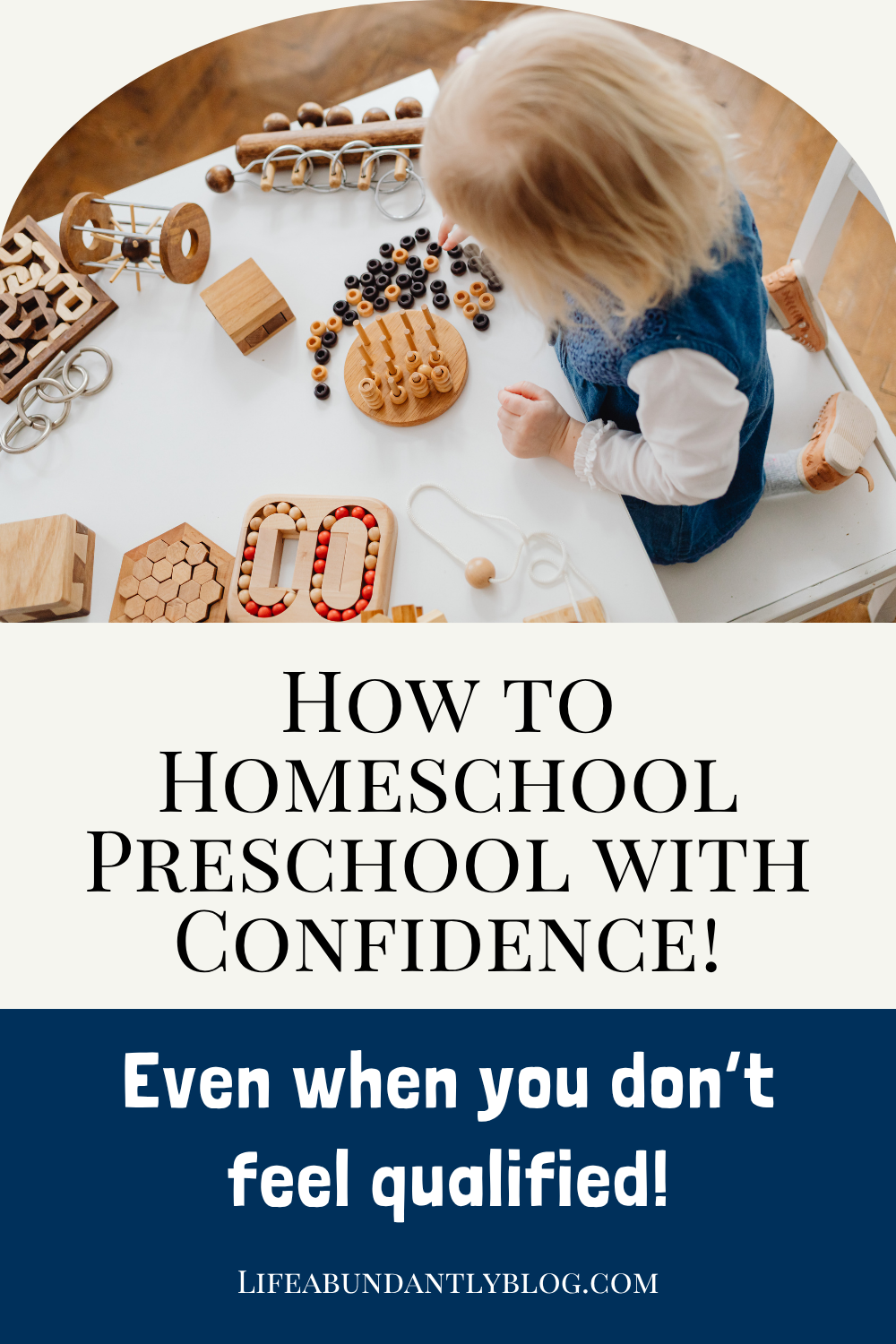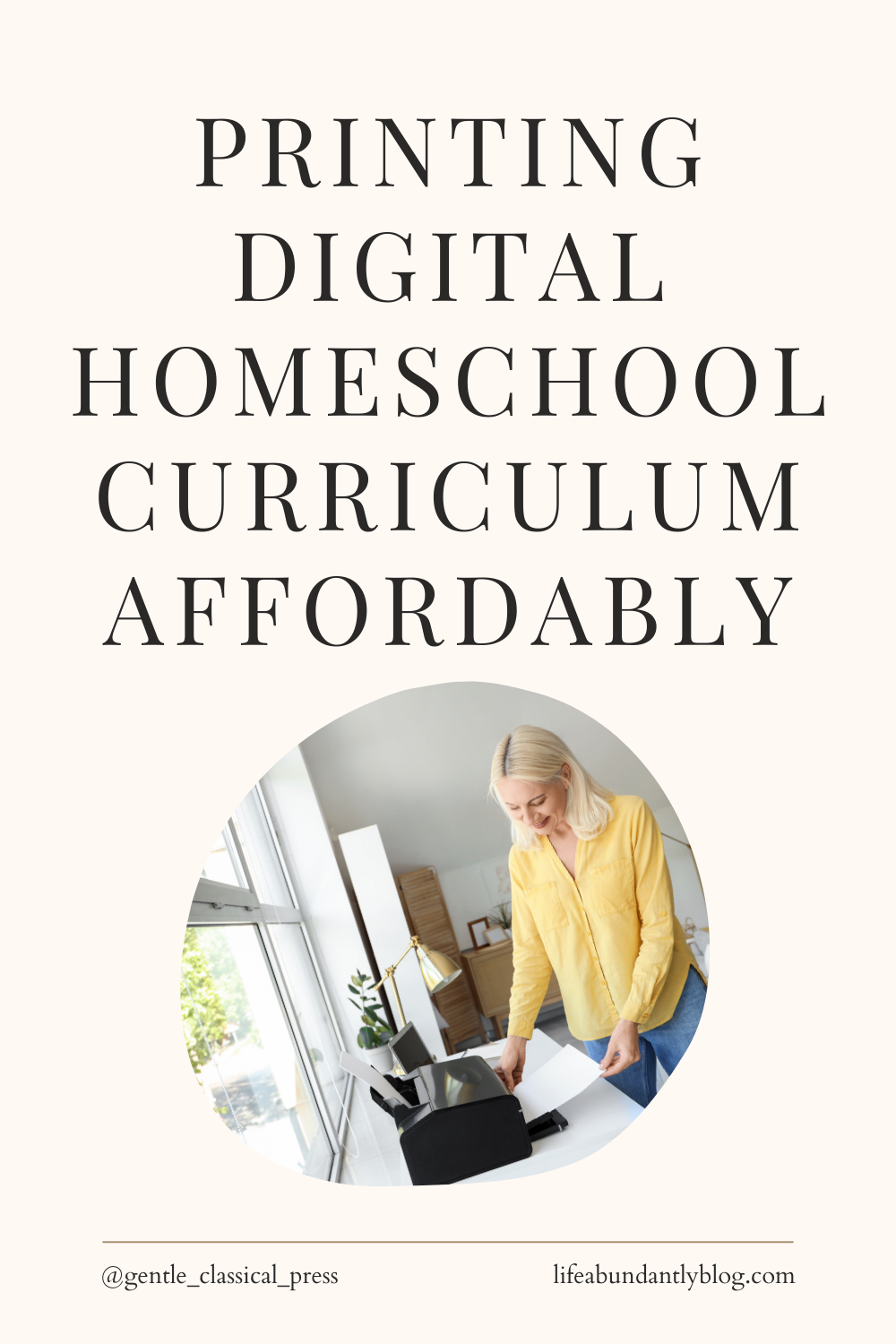Why Homeschool Philosophy Matters
/As a child, I had family members—and countless experiences—that deeply rooted me in the natural world. I was blessed with a dear aunt who never missed a chance to point out and name each plant we passed. I had access to a local state park that offered unforgettable school outreach programs. These were formative gifts that shaped how I viewed learning: as something alive, ever-present, and always worthy of attention.
But the truth is, these gifts were rare even then—and even more so now. Maybe you didn’t grow up with someone handing you binoculars and a field guide. Maybe you didn’t have a walking encyclopedia of local wildflowers at your side. If that’s you, I want you to hear this loud and clear:
It’s never too late to learn.
Each year, I still add new trees, birds, and flowers to my mental repertoire. I’m still learning. And I hope I never stop.
A Living Education Begins with Curiosity
Charlotte Mason famously said, “Education is an atmosphere, a discipline, and a life.” That means education isn't just about workbooks or checklists or scheduled learning blocks. It’s not even primarily about curriculum. It’s about a way of being in the world—a cultivated, persistent curiosity that becomes as natural as breathing.
Curriculum certainly helps—it gives us a structure and path forward in our often-busy days. But the most transformative thing we can offer our children isn’t the “perfect” scope and sequence. It’s our own love of learning. And the only real way to pass that on is by living it out in front of them.
Are we willing to model correction, curiosity, and courage in the face of what we don’t know? Are we looking things up when questions arise? Are we stretching ourselves with new books, new skills, and new ideas—even when it’s uncomfortable?
When we embody this humble, ever-learning posture, we’re offering our children something far richer than facts. We’re teaching them how to love the process of learning.
Always Be Learning (Even When It’s Hard)
There’s a phrase I like to use: ABL—Always Be Learning. It’s not a motto for the kids. It’s a charge for us as parents.
When your children see you reading a challenging book, trying a new handicraft, or watching a video tutorial so you can grow in a skill you’ve never learned before, something powerful happens. They begin to mirror that behavior. They begin to see education not as a duty, but as a way of life.
This can feel daunting—especially for those of us who grew up in public school systems, always looking for the most efficient way to learn something and constantly asking, “But will I ever use this in real life?”
But friend, God didn’t create you for utility. You weren’t made to simply check boxes and get things done. Work is good—but it was made for us. We weren’t made for it. And so when we educate our children, we must resist the urge to treat learning as merely a means to an end.
If we cling to a utilitarian framework, we’ll only study art if our child plans to be an artist. We’ll only read poetry if it’s “on the test.” And we’ll miss the wonder, the joy, and the beauty that a living education can offer.
Our children are not projects. They are people. Immortal souls. And our job is not to pre-decide who they will become, but to offer a rich buffet of truth, goodness, beauty, and skill—and then trust the Lord to grow what He’s planted.
If It Feels Hard, You’re Not Alone
The transition from traditional education to home education is rarely smooth. If your background is in public or private school, you might feel real tension trying to treat a nature walk, a sewing lesson, or listening to Bach with the same importance as phonics or math.
You may even find yourself slipping into comparison—wondering why your neighbor’s child is reading chapter books at age five, or why your son seems “behind” in math. But here’s what you must remember:
You cannot compare your child to the very system you chose to walk away from.
It’s not fair to your child, and it’s not fair to you.
You didn’t choose homeschooling to keep up with arbitrary benchmarks or standardized assessments. You chose it so you could shape hearts, not just check boxes. So let’s reframe it:
You’re not just teaching your child to read—you’re writing a love of beauty, truth, and goodness on their heart.
You’re not just teaching handwriting—you’re shaping a soul.
You’re not preparing them for a quarterly test—you’re walking alongside them, daily, through joy, virtue, wonder, and holiness.
This is a slow education. It trusts the process more than the results. It relies on the sovereignty of God, not the predictability of a lesson plan. And it calls you to say “yes” to a thousand small acts of faith as you peel back fear and comparison and watch your family flourish.
You’re Not Behind—You’re Becoming
A Classical + Charlotte Mason education isn’t about producing “perfect” children. It’s not even about delivering a flawless educational experience. It’s about adopting a worldview—a holistic, godly, diligent, and generous way of seeing life and learning.
Your children are not blank slates or empty jars to be filled. They are persons—image-bearers of a good God—who need direction, consistency, encouragement, and love. And you are uniquely equipped to offer that to them, even if you still feel like you’re figuring it out as you go.
Yes, this is different than the system you came from. The system that ranked, scored, labeled, and sorted children based on percentiles and grades. But you’ve left that behind—because God called you away.
So come away, my friend.
Lay down the baggage. Take a deep breath. Drink from the overflowing cup that is this home education life. Will there be uncertainty? Absolutely. Will it stretch you? Certainly. But what you gain in freedom, beauty, joy, and family connection will be worth every step.
You belong here. And yes—you can do this.


















